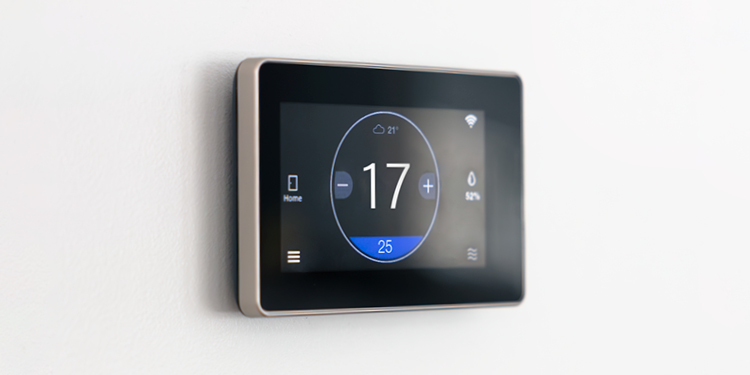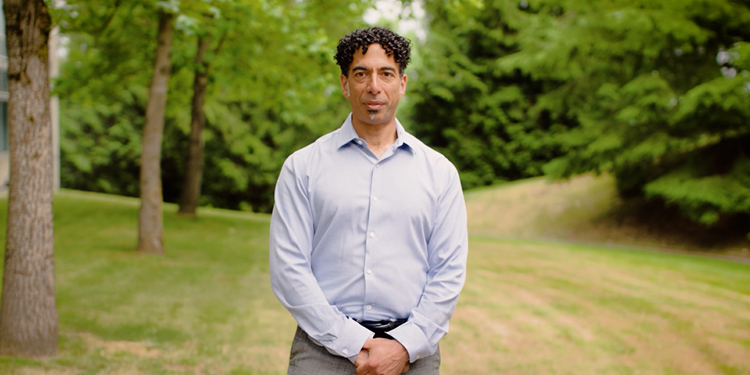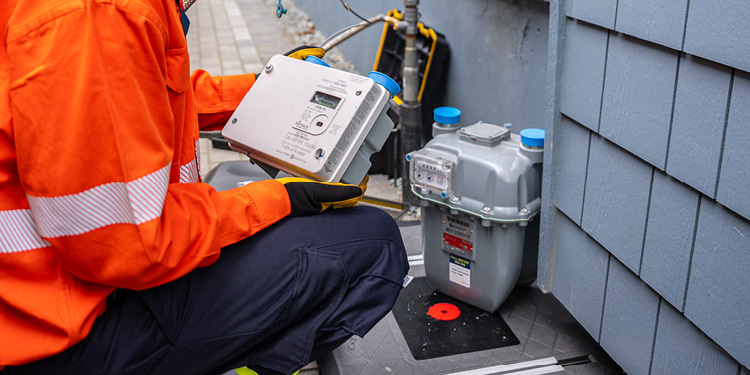8 simple ways to save energy (and money) while on vacation
July 23, 2019
Out of office message? Set. Luggage? Packed. Thermostat? Cranked. Hold up—take a few minutes before you set off on your vacation to help ensure your appliances get a break while you're gone.
1. Adjust your air conditioning
An easy way to help reduce your energy use and save money is by turning your air conditioning unit down, or better yet, completely off during your summer getaways.
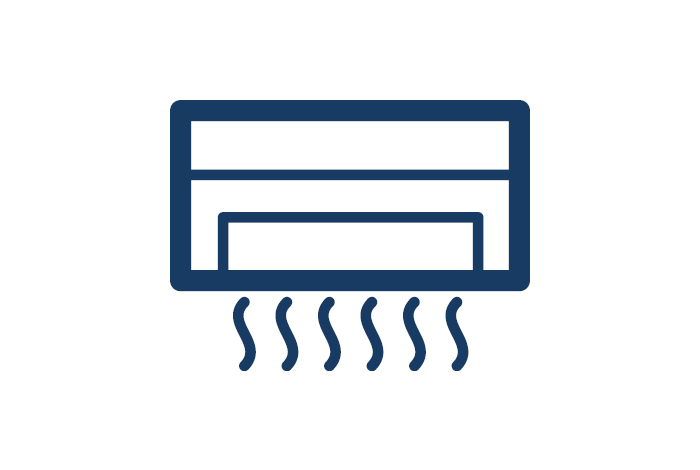
2. Program your thermostat
If you have central AC, don’t waste energy and money by cooling rooms when no one is home to chill in them. In winter, you can save energy by turning the temperature down while you're away but be sure to maintain a temperature of at least 17 °C to keep pipes and appliances from freezing, and prevent moisture build-up in the walls.1 With a connected or smart thermostat, you don’t need to worry about forgetting to adjust the temperature. Smart thermostats can be paired with your smartphone and controlled with an app. Depending on the model, you can even adjust the temperature in your house remotely from the road, plane or beach.

3. Let your refrigerator chill out
If you keep your refrigerator at a very frosty setting, you can save energy while you’re away by adjusting the temperature. According to Natural Resources Canada, your fridge should be between 1.7 °C and 3.3 °C and your freezer should be set to -18 °C for maximum efficiency and food safety. If you’re heading on an extended vacation, consider cleaning your refrigerator out and turning it completely off. If you do, be sure to leave the refrigerator door propped open and some baking soda inside, which should leave your fridge as refreshed as you after your holiday. Check our energy saving tips for more ways to reduce your fridge’s energy use.

4. Close blinds and curtains
In the toasty summer months, close all blinds and shades to help reduce the amount of heat coming into your home.

5. Defeat sneaky power vampires
Chargers and computers and printers, oh my! Keep these energy-suckers on a short leash: before leaving home, unplug all of your electronics, including TVs, game consoles, microwaves, coffee makers, toaster ovens, etc. If this sounds like a bit of a chore, try putting your electronics on smart power strips which can automatically shut down power to products that go into standby mode. This will save you the trouble of hunting your home for sneaky power vampires or contorting your body into a pretzel to grab hard-to-reach plugs. Unplugging and powering down can also reduce the risk of electrical fires and protect your electronics from potential power surge damage.
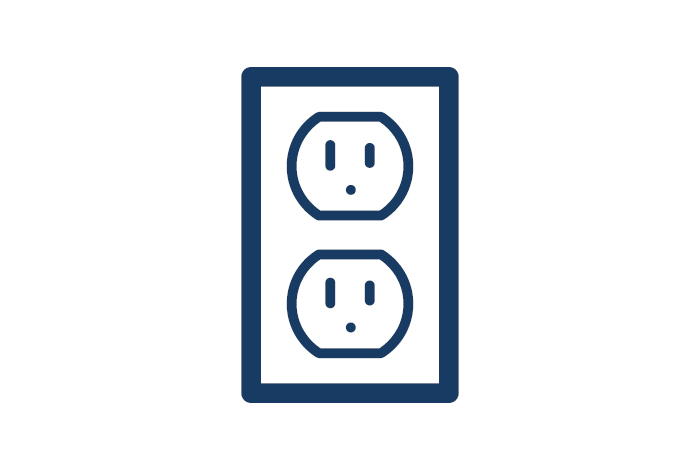
6. Turn down your water heater
Setting your water heater to "vacation mode" can help save energy when no one is home to use hot water. Check your user manual for details on how to do this.
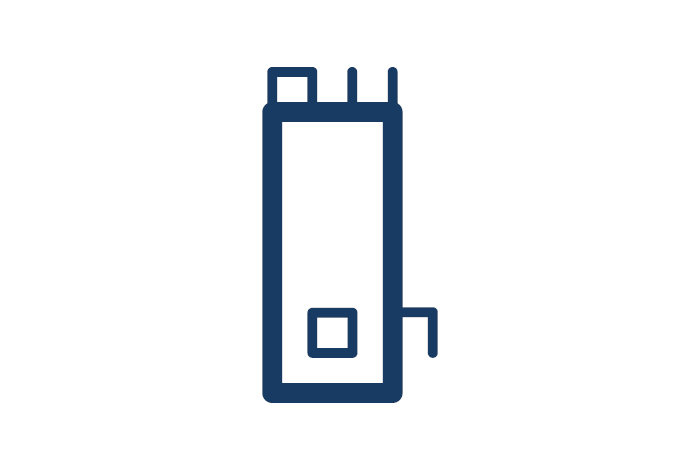
7. Turn off the lights
If you want to leave some lights on while you’re away, set them up with automatic timers so they aren’t on 24 hours a day. You can also install motion sensors for security purposes. And make sure you’re using energy-efficient LED lights.

8. Give your fireplace pilot light the summer off
Many gas fireplaces have a standing pilot light that uses energy and gives off heat while the fireplace is not in use. Turning off the pilot during the warmer months can help reduce energy use and extra heat in your home. A licensed gas contractor can turn it on again during your annual appliance maintenance, so it’ll be safe and ready for fall. Of course during the winter, fireplaces should be turned off while you’re away, but the standing pilot light can be left on so you can cosy up by the fire as soon as you return from your trip.
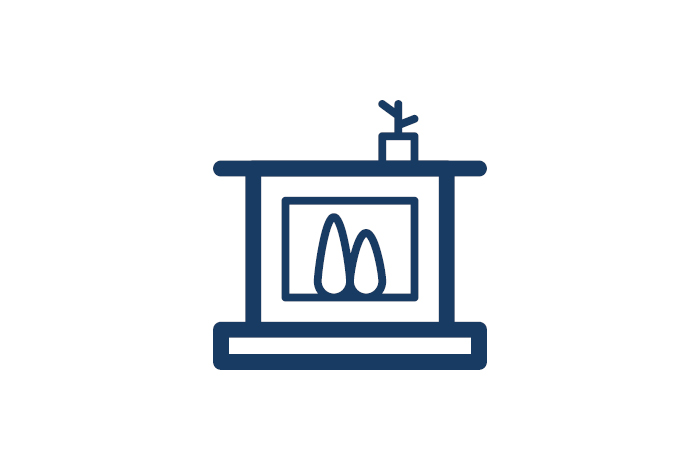
Following these simple tips may help reduce your energy use and save you money (to put towards your next vacation, of course).
1Natural Resources Canada, Keeping The Heat In - Section 9: Operating your house: thermostats, water heaters, furnaces and other heating/cooling systems

